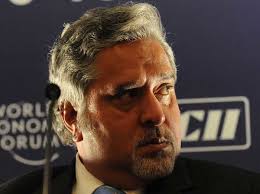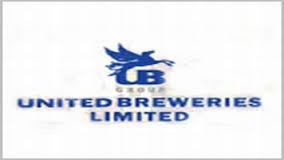
Many functionaries from corporate India and tax experts have voiced concerns over the government’s plan to give unprecedented teeth to the country’s indirect tax administrators by making tax evasion above `5 crore a “cognizable and non-bailable offence” in the upcoming Goods and Services Tax (GST) regime. According to Section 132 of the Central GST Bill cleared by the Lok Sabha recently, the taxman can also proceed against anyone for wrongly availing input tax credits or refunds above the same threshold, treating it as a cognizable and non-bailable offence, where the police have the authority to arrest the person concerned without warrant.
While non-remittance of tax deducted at source could lead to non-bailable warrant under the Income-Tax Act, this has been sparingly used – one recent instance was that of the Bengaluru High Court denying a request of the I-T department to issue a non-bailable warrant against the beleaguered businessman Vijay Mallya. The punitive provisions under indirect tax laws have, however, been less biting.
The service tax department had invited the Delhi high court’s ire last September for arresting a senior executive of travel portal MakeMyTrip for failing to deposit tax after collecting it from those who booked hotel room nights via the portal. Disturbed over the fact that the arrest took place without even issuing a show cause notice to the firm and giving it an opportunity to defend itself, the court awarded costs to the travel portal and asked the taxman to refund the service tax collected after the arrest. The tax department went in appeal against the court’s decision and the matter is now before the Supreme Court.
“It may be reasonable to make “collection of tax but non-payment to government’ a non-bailable offence, as there is very little room here for interpretation in such case. But availing tax credits through wrong invoices or obtaining higher-than-admissible refunds are subject to technical interpretations in the early days of GST and it would be extremely stringent to make these non-bailable offences,” Bipin Sapra, Indirect Tax partner at EY said. Echoing the view, Anita Rastogi, partner-indirect tax, PwC India said the country’s indirect laws have never had such tough provisions against tax evasion.
Section 132 of the CGST Bill also spells out the punishment for tax evasions above Rs.1 crore: if the amount evaded exceeds Rs. 5 crore, imprisonment up to five years is possible along with fine, Rs. 2-5 crore evasion could lead to imprisonment extending to three years and fine, Rs.1-2 crore evasion could invite up to 1-year jail term and fine.




